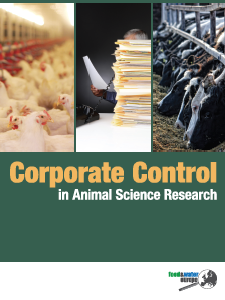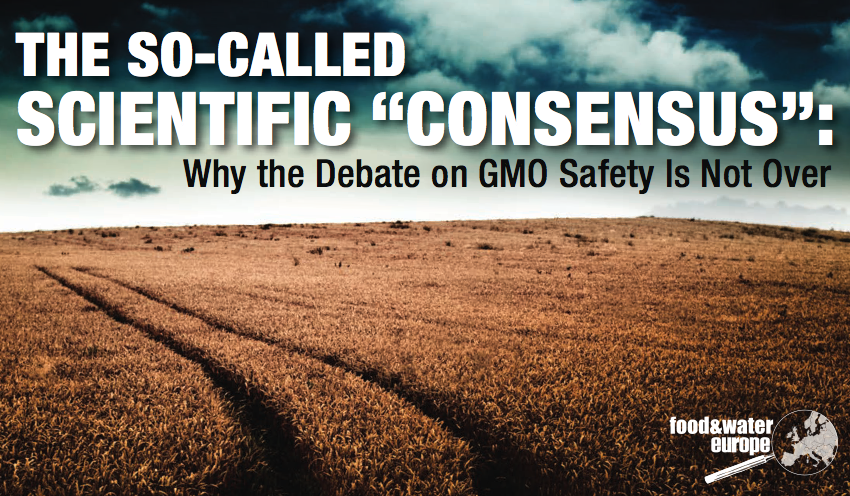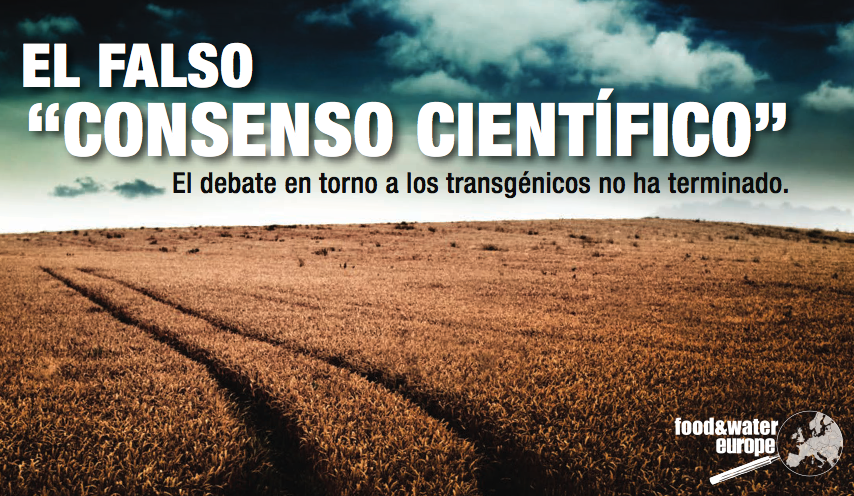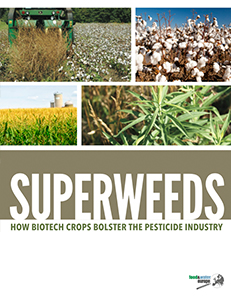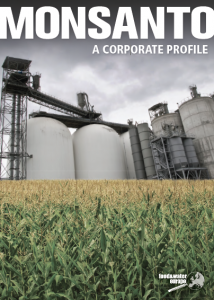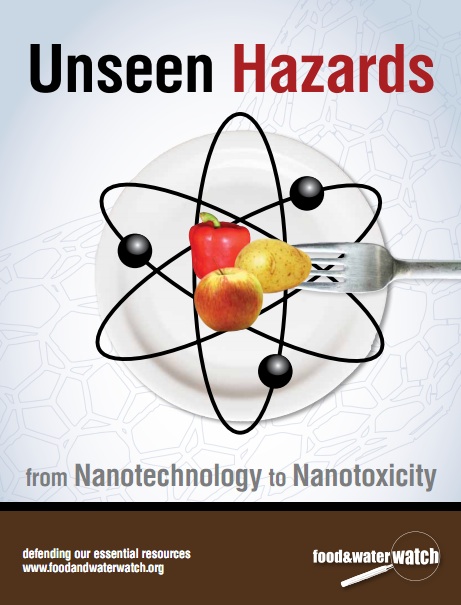Corporate agribusinesses depend on favourable science to gain regulatory approval or market acceptance of products such as new animal drugs, and they depend on academic journals to deliver this science. To secure favourable scientific reviews, industry groups play an enormous role in the production of scientific literature, authoring journal articles, funding academic research and also serving as editors, sponsors or directors of scientific journals where much of their research is published.
Deep-pocketed corporations often have no counterpoint in the scientific literature. No group of scientists or science funders is, for example, aggressively investigating the safety or efficacy of new animal drugs, or examining alternatives. The influence that industry now wields over every aspect of the scientific discourse has allowed companies to commercialise potentially unsafe animal drugs with virtually no independent scrutiny.
Find out what needs to be done in the report, Corporate Control in Animal Science Research.



